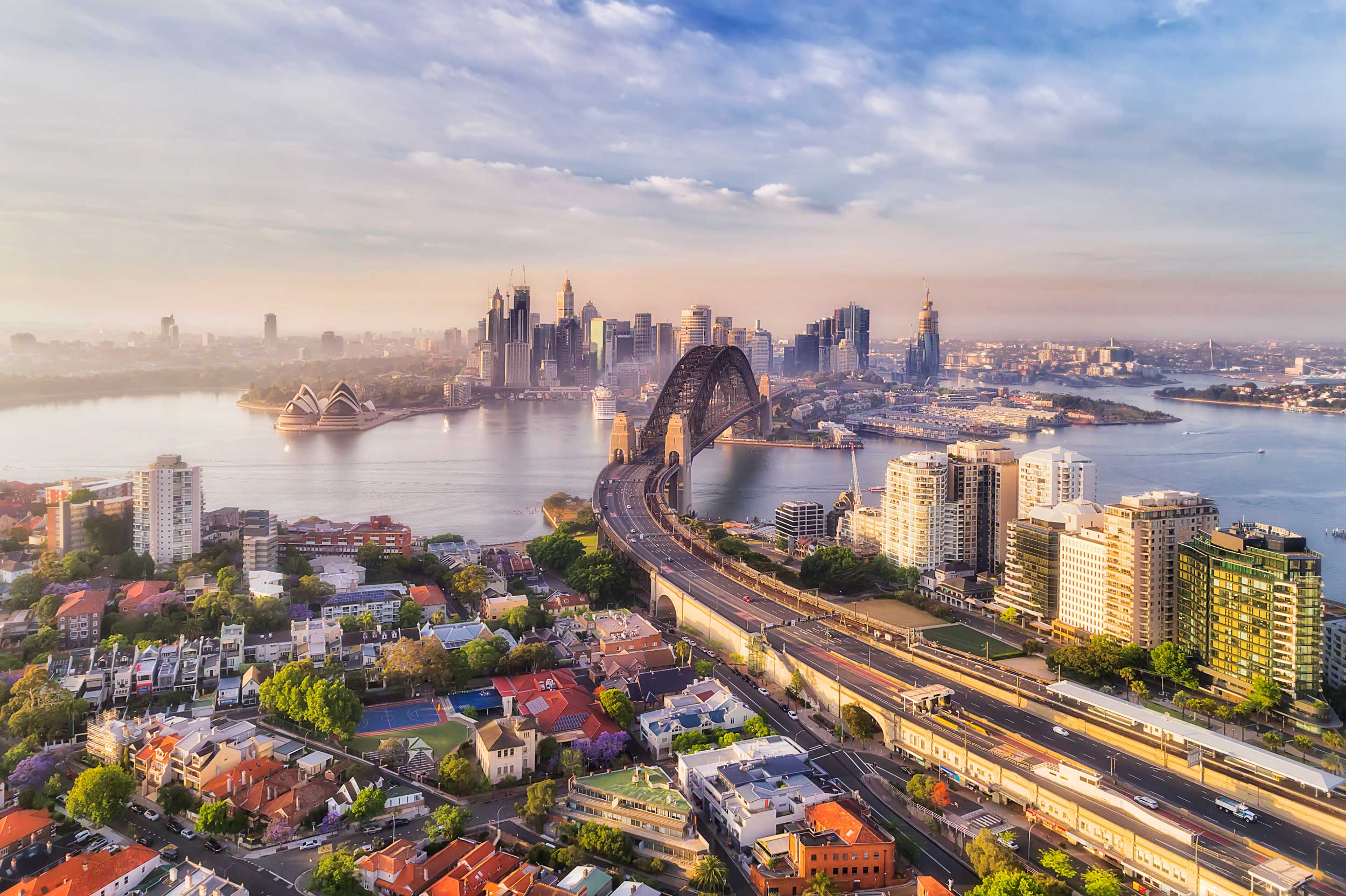Down further you can find the job profile from a careers service: “There are no set entry requirements, but it may help if you have experience and qualifications in electronics, electrical work, sound production, music technology or lighting; a large goods vehicle licence; forklift truck training …
“You’ll need: good practical skills, calmness under pressure, the ability to follow instructions, reliability and discipline …
“You’ll often work late into the night and seven days a week, for a few weeks or months at a time while on tour. There may be rest days between gigs and long breaks between tours.”
For a full job description read Stuart Coupe’s Roadies.

Coupe is an author, journalist, music commentator, publicist and radio broadcaster who has been involved with music all his life. He presents radio shows on FBi and 2SER.
Coupe says people talk of roadies as being dumb – they have muscles, they lift shit.
“Yes, roadies generally need to be strong enough to move, position, reposition, pack and unpack usually heavy equipment. What defines the roadie is really the highly skilled, meticulously detailed work that goes with moving and setting up that equipment.”
The catalyst for Roadies was finishing off his biography of Michael Gudinski when a former roadie mentioned the Australian Road Crew Association and the mental health issues and high suicide rate among Australian roadies – anecdotally four times the national average.
“It dawned on me it was something that hadn’t been documented.”
Coupe knows about roadies from the time he was manager of the likes of Hoodoo Gurus, Paul Kelly, X and The Flaming Hands.
But he confesses he was probably like every other band manager from that era: “We incorrectly assumed the road crew were indestructible and apparently capable of miracles.”
He interviewed 50 or 60 roadies and says he was surprised how few said they took drugs for recreational reasons. “Most of them said they took drugs to stay awake, to keep up with the workload.”
Nevertheless, his book doesn’t shy away from the fact that sex ’n‘ drugs is prominent in the history of rock ’n‘ roll.
“Roadies have the duality of being really beaten and battered by what they’ve done but they have had the best possible f****** time. So many of the veterans miss it. If they could take 30 years off their life and head out as a 20-year-old cruising Australia or the world with Hoodoo Gurus or Midnight Oil they’d be there in a shot.”
Shane Scully worked during the halcyon days of the late 1970s and 1980s, with bands such as INXS, The Church, Australian Crawl and Crowded House. The pub circuit was at its zenith.
Loading in and out and setting up with the rest of the crew is hard, but then comes that magical moment called show time.
“I’m not saying it was like climbing Everest, but it was enjoyable, satisfying, challenging and addictive. It’s an adrenaline thing. House lights down, the band walks on … it’s a drug. You can’t get away from that. So many years later, and I can still feel that.”
There are many great stories in Roadies – hijinks played by roadies on the bands and others.
The book can send you into laughter and tears.
“I could have written several War and Peaces and not come close to telling all their stories,” says Coupe.
“I hope this book inspires a lot of other road crew to tell their own.”






